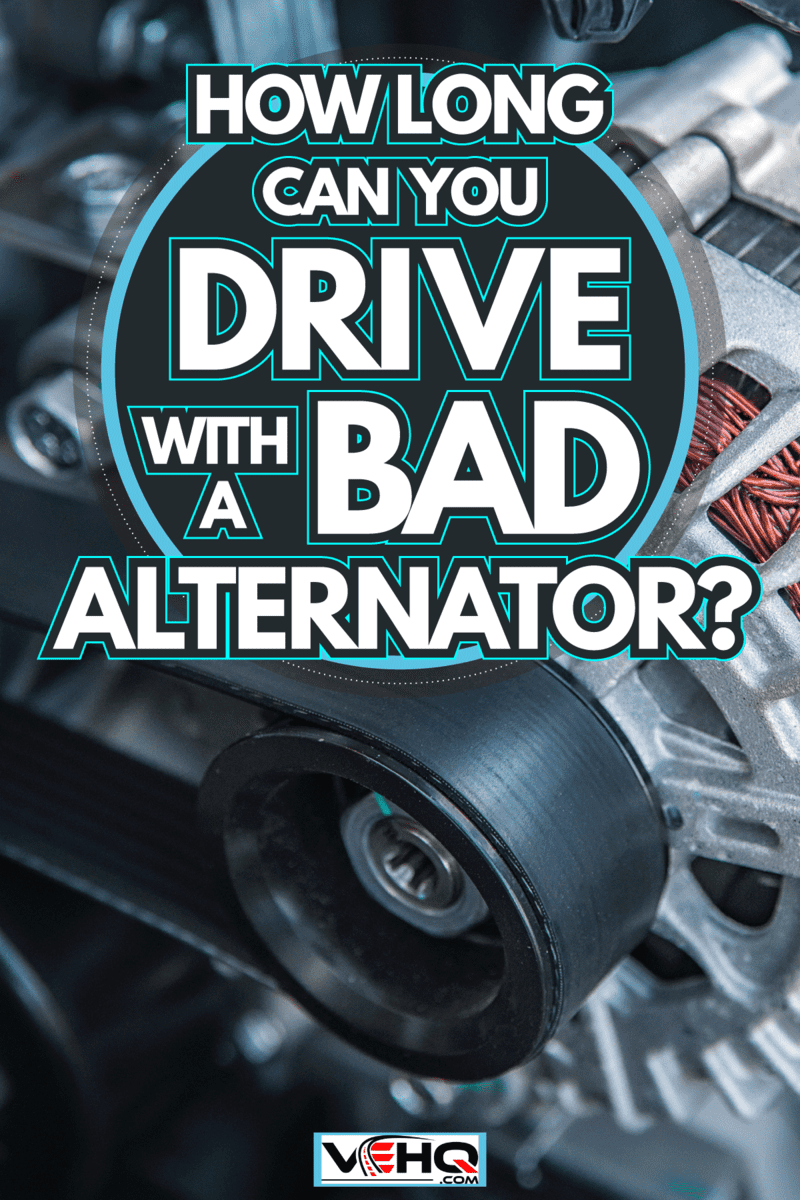
How far can I drive my car with a bad alternator?
You won't get far driving with a bad alternator. As suggested by the figures above, you can only drive just enough distance to get some help. This is because the alternator is the main source of power for your electrical components.
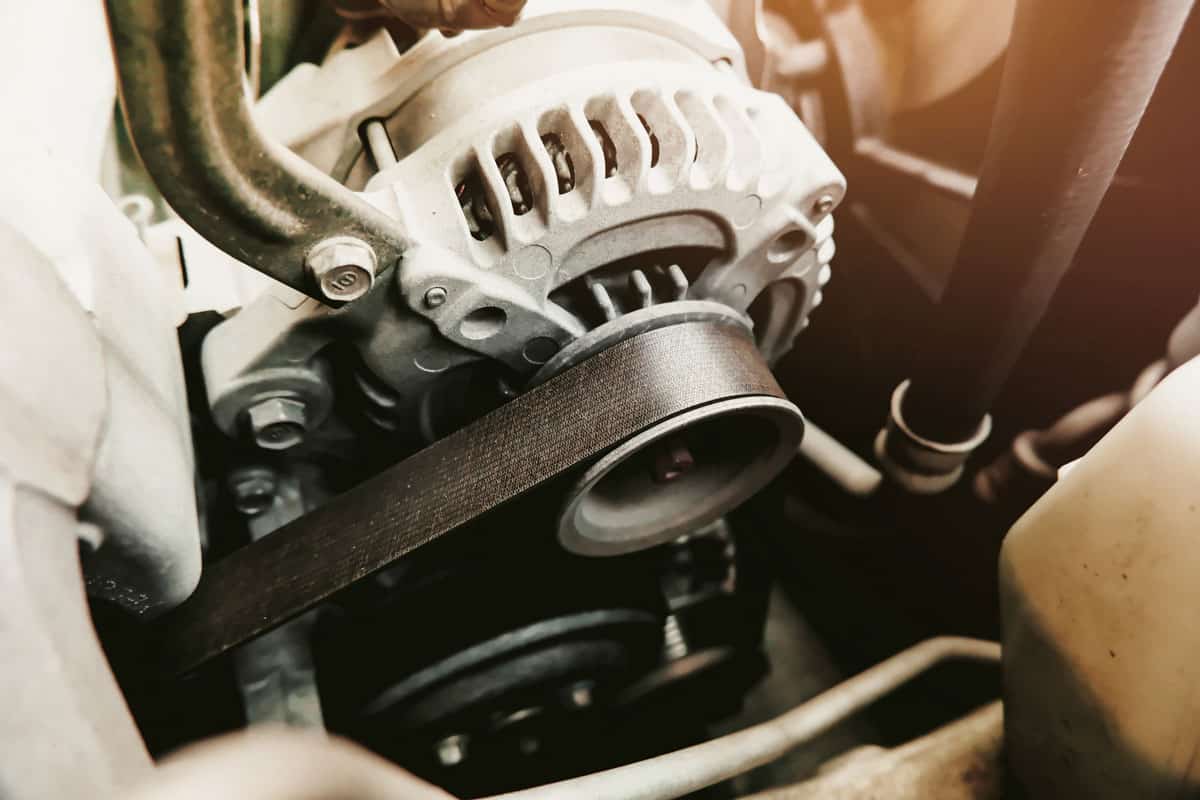
Your car's battery powers your headlights, windshield wipers, heated seats, dashboard instruments, and more. But your alternator is what keeps your battery charged.
A bad alternator can lead to a plethora of problems. Some of these include difficulty in starting your vehicle and some electronic functions becoming unusable.
A car can run with a bad alternator, but that doesn't mean that you should put off repairs. When your alternator fails, your car's battery will be the one to catch the responsibility of running the electrical requirements of your vehicle.
Since the battery will be using up all of its power without the alternator recharging it, you'll only have a little time before your vehicle shuts down.
How do alternators work?

An alternator works by converting mechanical energy from your engine into electrical energy.
When the car's engine is running, a drive belt connected to it connects the alternator and engine. That belt then rests on a pulley to complete the conversion of the energy.
This pulley then activates the rotor shaft of the alternator, spinning a set of magnets around a coil.
As the magnets spin, they generate an alternating current (AC) that surrounds the coil. This alternating current is then transferred to the rectifier of the alternator.
After that, the rectifier then converts the previously channeled AC power into a direct current (DC) power. This current is now the one that activates the electrical systems of your car.
All of this process is powered by the engine. That's why running electrical components, especially air conditioning, decreases your vehicle's fuel economy.
In most cases, an alternator will last as long as your vehicle, but it's not always so. There are many reasons why your alternator may go bad, especially if you drive every day or long distances regularly. That is why it pays to have your car regularly checked.
Will bad alternator damage your car's battery?
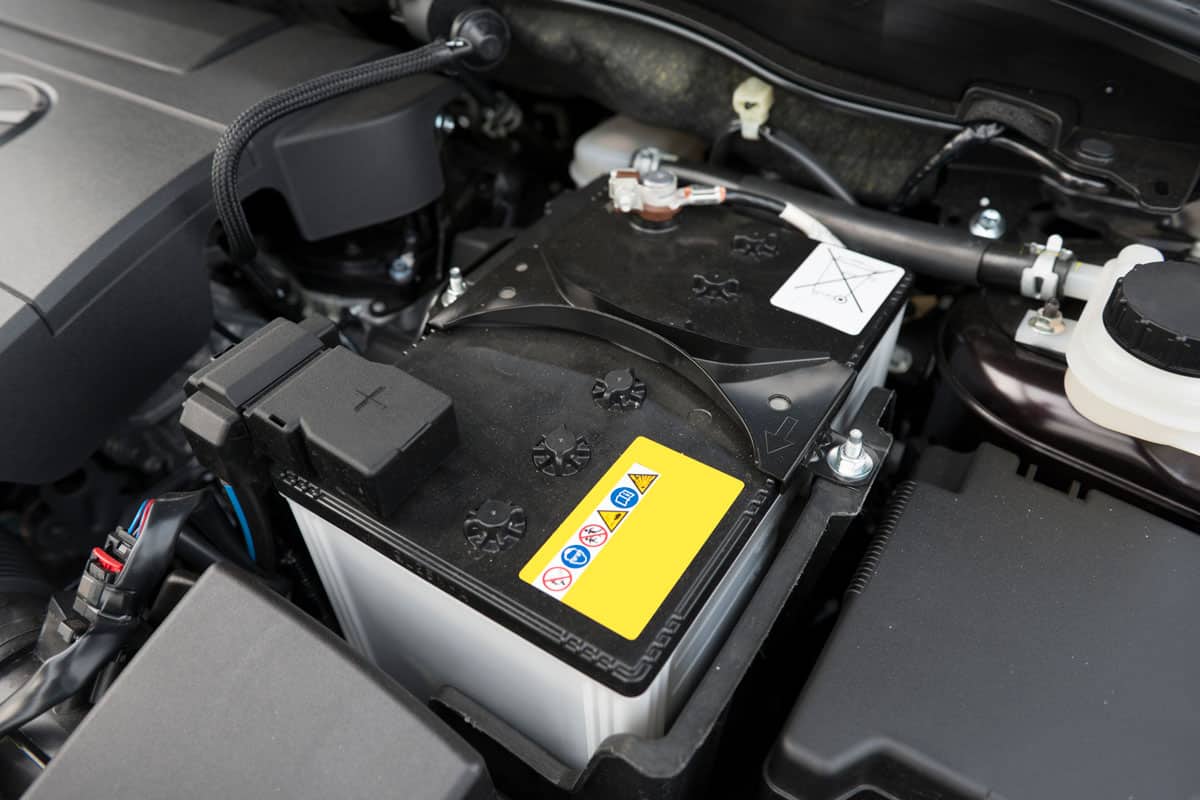
Your car battery and alternator are closely linked with one another. That is why it is common to assume that if one breaks down, it will affect the other as well. Although this is true to an extent, it's not as dramatic as it may seem.
A faulty alternator does not necessarily mean that your battery is already damaged, especially for newer vehicles. However, there are some circumstances that may lead to the alternator damaging even a new battery.
Here are some things to look out for when dealing with a failing alternator
Overcharging
A faulty alternator may overcharge your battery. This can result in premature damage to battery cells that can shorten the lifespan of your battery. Prolonged exposure to such will damage even a new battery.
Ripple Voltage
Another problem caused by a failing alternator is ripple voltage. This is when the alternating current goes through the alternator’s rectifier.
A rogue ripple voltage will also damage the entire electrical system of your vehicle, which can be dangerous.
Insufficient charging
While you can overcharge with a broken alternator, you can undercharge as well.
An insufficient supply of power for your battery will result in quickly draining its power. The repeated cycle of getting charged insufficiently and immediately getting drained can shorten your battery's life.
Irregular charging
Irregular charging is when the alternator intermittently charges your car's battery, resulting in a non-steady power supply.
This causes the engine to shift the power source solely on the battery only. This also causes the quick draining of the battery as it becomes the main source of electrical supply for the vehicle.
How do you check if your alternator is working?
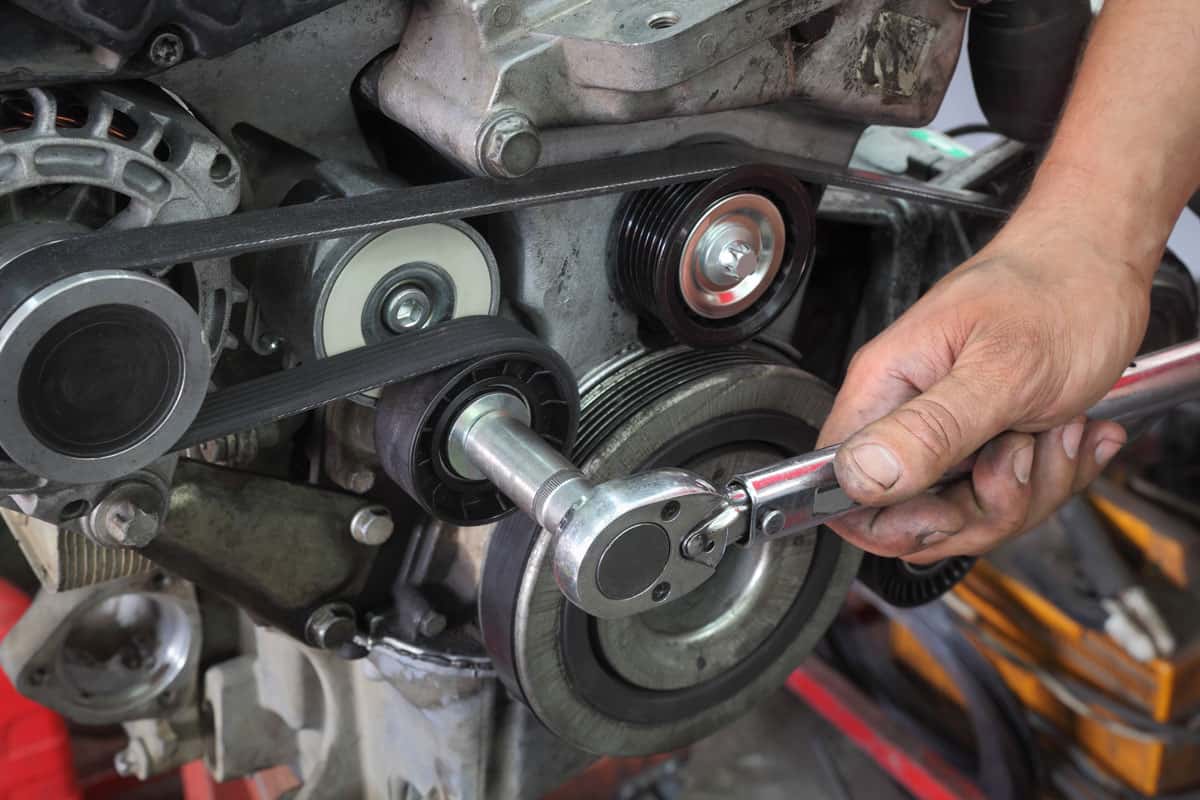
There are two common tests you can do at home to check your alternator: the headlight test and the battery test.
In order to perform the headlights test, it's best to have someone to assist you. If you are alone, make sure that your front end is pointed towards a wall where you can clearly see the reflection of the light bouncing off of it.
Start the vehicle, turn on your headlight, and set it to high beam. Press the accelerator but make sure that you are not in gear to avoid moving forward.
If the light flickers while stepping on the gas, then it is likely that your alternator is damaged. If you observe that there is no flicker whatsoever, then most likely your car's alternator is working fine.
To perform the battery test, first, open the hood while the car's engine is running. Then, remove the negative cable of the battery (with caution).
If your car stalls or turns off, then most likely the alternator of your vehicle has already gone bad.
If the car continues to run, then you may have a problem with your battery. Fortunately, this is a lot easier to fix compared to a broken alternator.
Of course, you can always have your alternator checked by a professional mechanic or a car repair shop is the way to go. This way, you can get a professional diagnosis for your alternator.
How much does it cost to fix the alternator?
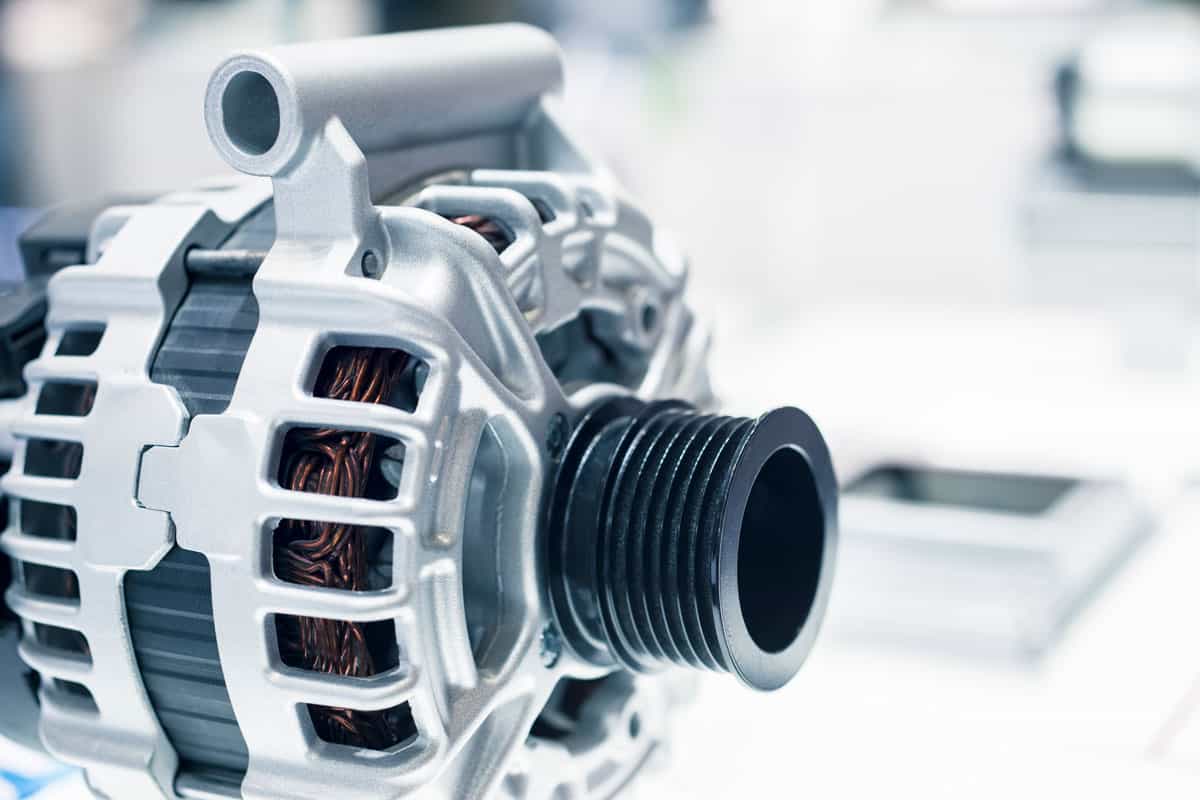
Giving an exact figure on how much fixing an alternator may cost can be hard as it depends on your location and if there are other diagnosed problems.
You can expect anywhere between $500-$1000. This already assumes if you need your alternator to be repaired or replaced.
You also have to take into account the cost of labor which will highly depend on the mechanic or the auto repair shop that you bring your car to.
Repairing or replacing an alternator is not a DIY job unless you already have experience. We highly advise against doing or attempting such repairs, as you may cause more expensive damage in the process.
In review
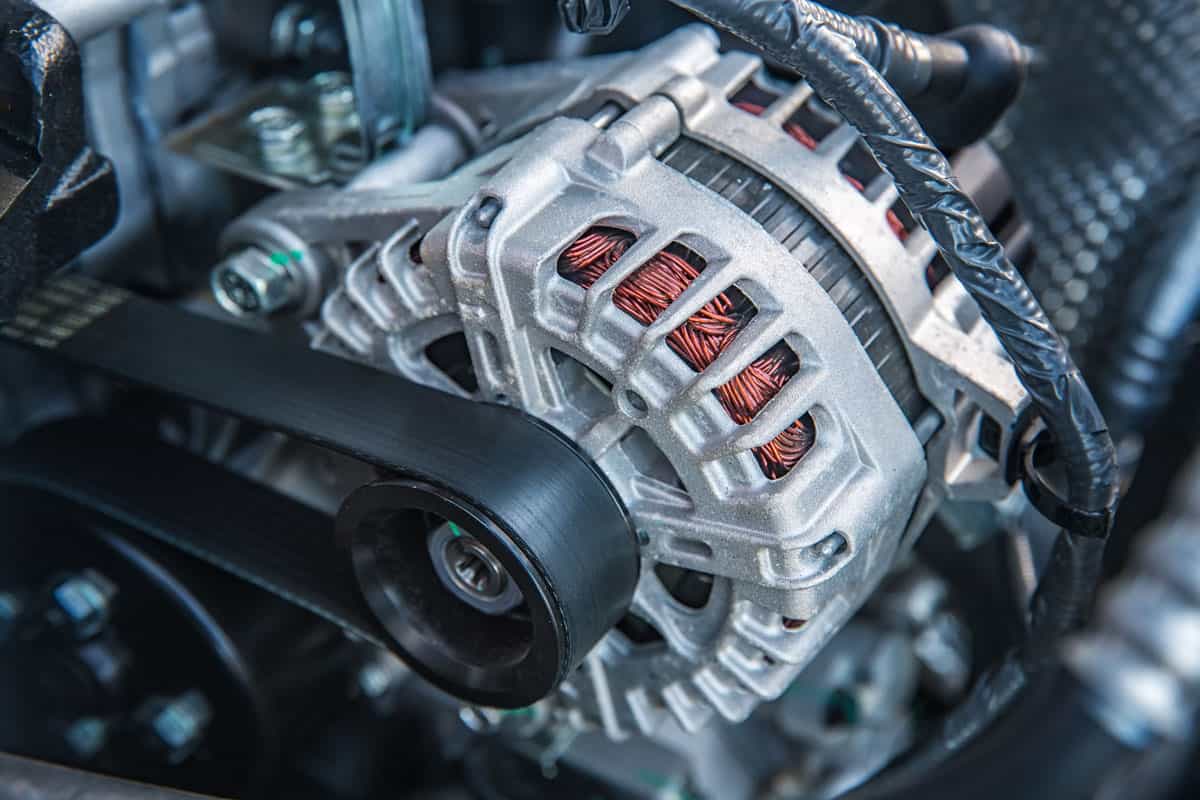
A bad alternator will not last you that long, but it is usually enough to get you to a mechanic for repairs.
Left alone, a bad alternator can cause a number of problems and may affect other components of your vehicle as well. That is why regular maintenance and check-ups are a must.
To learn more about alternators, be sure to check out these interesting and informative articles:
Do Electric Cars Have Alternators?
How Much Does a Car Alternator Cost?
